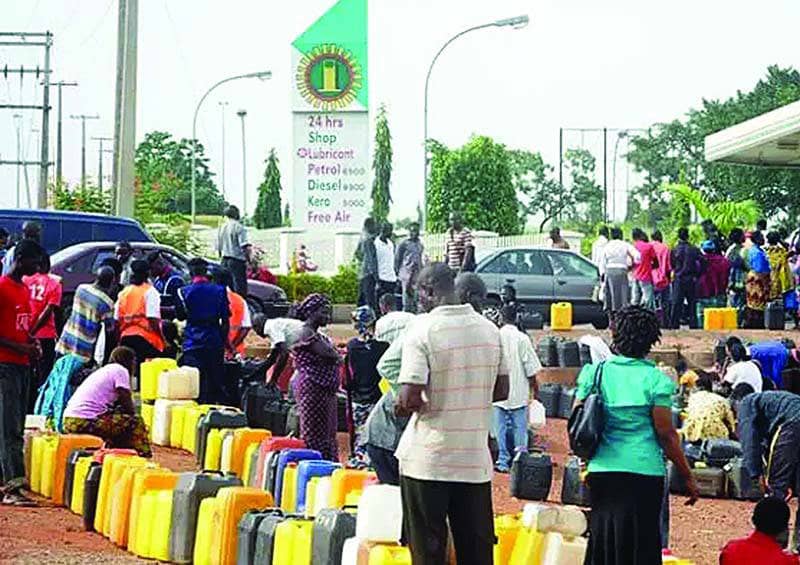Banking sector to fund petrol imports with N3.5trn loan
Banks are poised to increase their funding for petrol imports to N3.5 trillion as more marketers turn to imports, despite the push for exclusive local production and supply led by Dangote Refinery. Financial sources reveal that banks have been receiving numerous loan requests for petrol importation, with one major request amounting to N250 billion just last week alone. It is anticipated that total funding for petrol imports will reach around N3.5 trillion by year-end.
This shift comes as banks, previously reluctant to lend to petrol marketers due to past issues with oil and gas loans, now see deregulation gaining traction in both the public and private sectors. The deregulation has made financing for imports more viable, especially after the government’s removal of the petrol subsidy.
READ ALSO: US President elect sends warning message to Russian president Vladimir Putin via first phone call
Meanwhile, the Nigeria Labour Congress (NLC) has raised concerns about the high pump price of petrol, claiming that marketers are overcharging Nigerians. The NLC accused industry players of manipulating prices, with some suggesting that the real cost of petrol should be lower given the drop in crude oil prices, currently at $72 per barrel. Experts argue that with deregulation, domestic prices should reflect changes in global oil prices, and that the current pricing system is flawed.
Dr. Bala Zakki, an energy analyst, criticized the current price dynamics, pointing out that OPEC countries with functional refineries do not experience such issues. He stressed that private sector operators are often exploitative and profit-driven. Similarly, other industry stakeholders, including the Petroleum Products Retail Outlets Owners Association of Nigeria (PETROAN), also noted that petrol prices should be lower in the current market environment.
However, the Independent Petroleum Marketers Association of Nigeria (IPMAN) countered the NLC’s claims, asserting that petrol prices are now determined by market forces due to deregulation. IPMAN emphasized that prices reflect the cost of purchase, logistics, and financing. IPMAN also urged the government to supply crude oil to local refineries at a lower price to help reduce costs.
Despite the opposition, Dangote Refinery expressed concerns over the rising level of petrol imports, arguing that its facility has the capacity to meet national demand. However, many marketers disagreed, claiming that imports are necessary to prevent monopoly and ensure competitive pricing, which they view as crucial for national security.
Robert Dickerman, Managing Director of Pinnacle Oil and Gas, echoed these sentiments, stating that a market-based solution that encourages diverse sources of supply is the key to Nigeria’s energy security. He emphasized that competition would ensure a steady supply of quality petrol at the lowest possible price, without the risk of shortages or price hikes.


[…] READ ALSO: Banking sector to fund petrol imports with N3.5trn loan […]